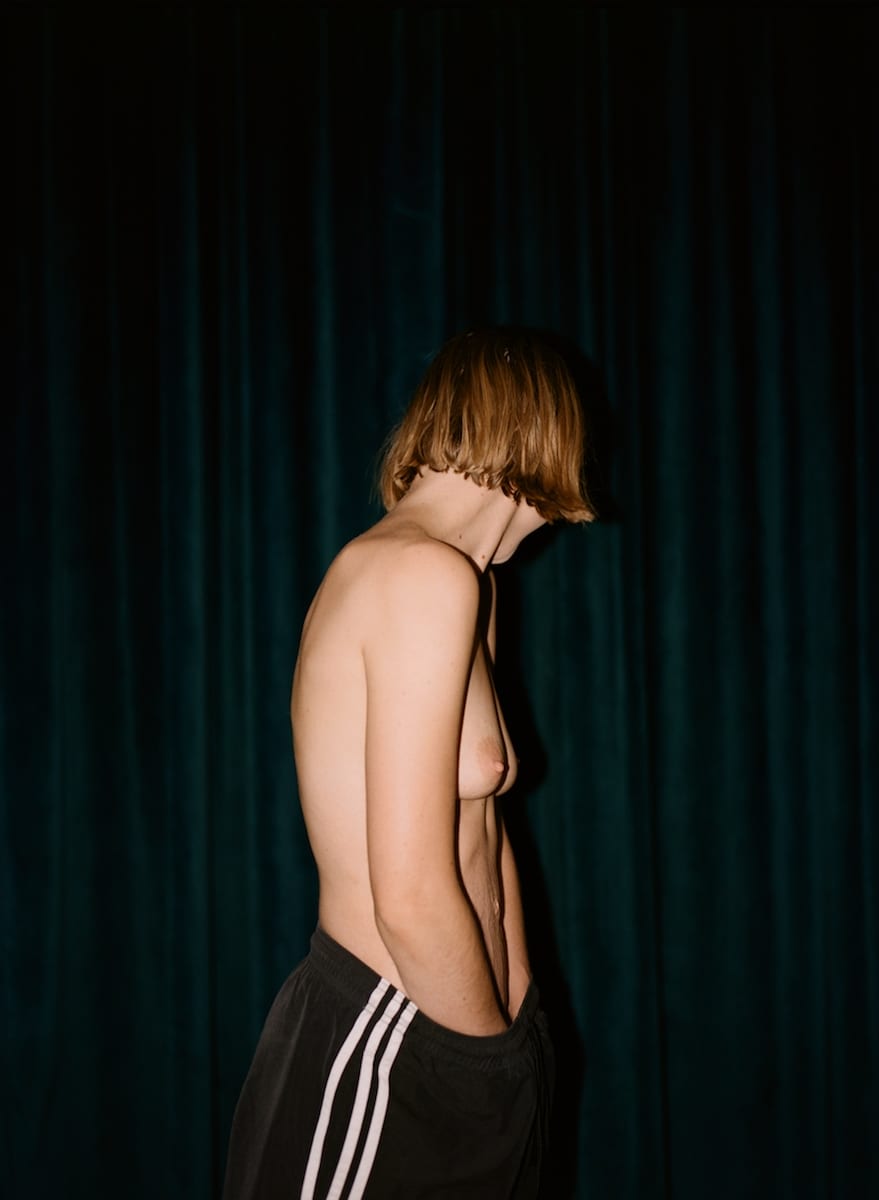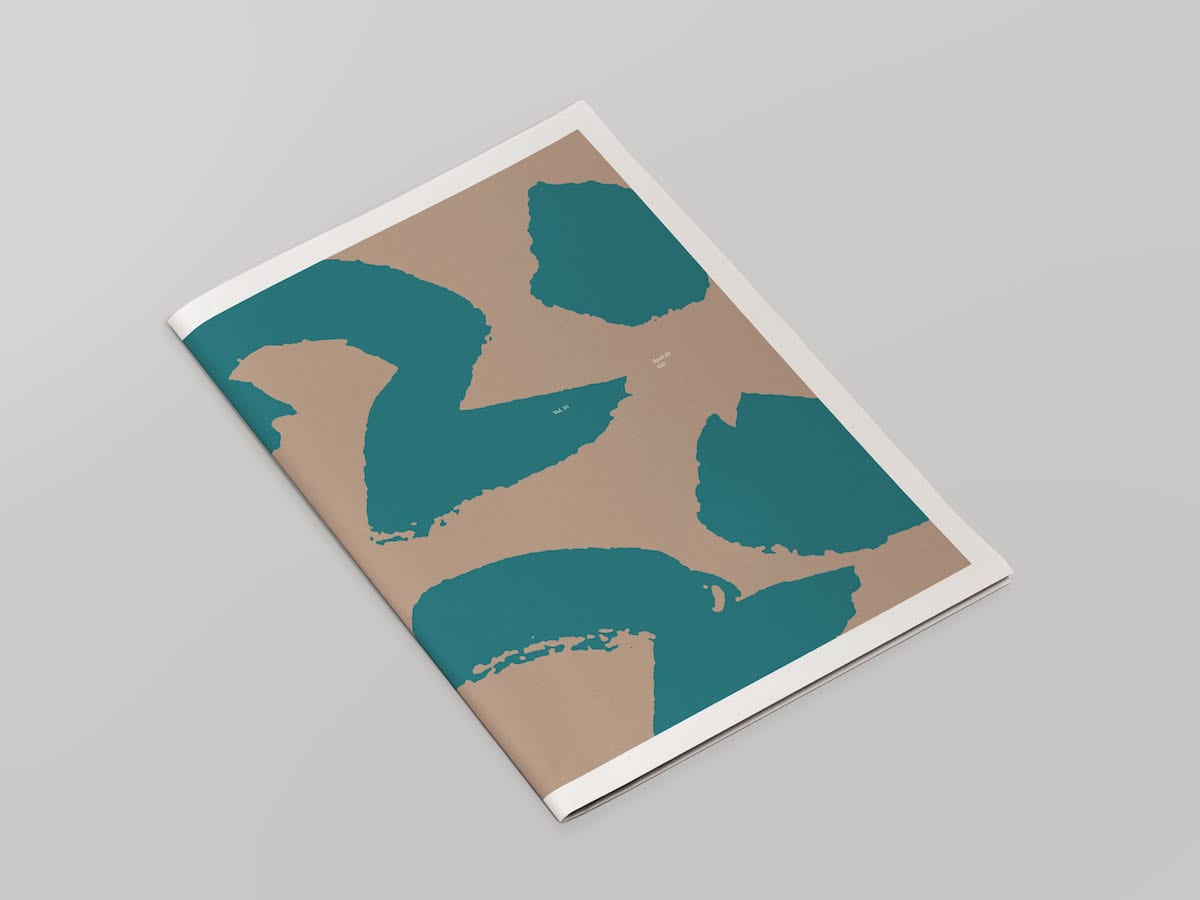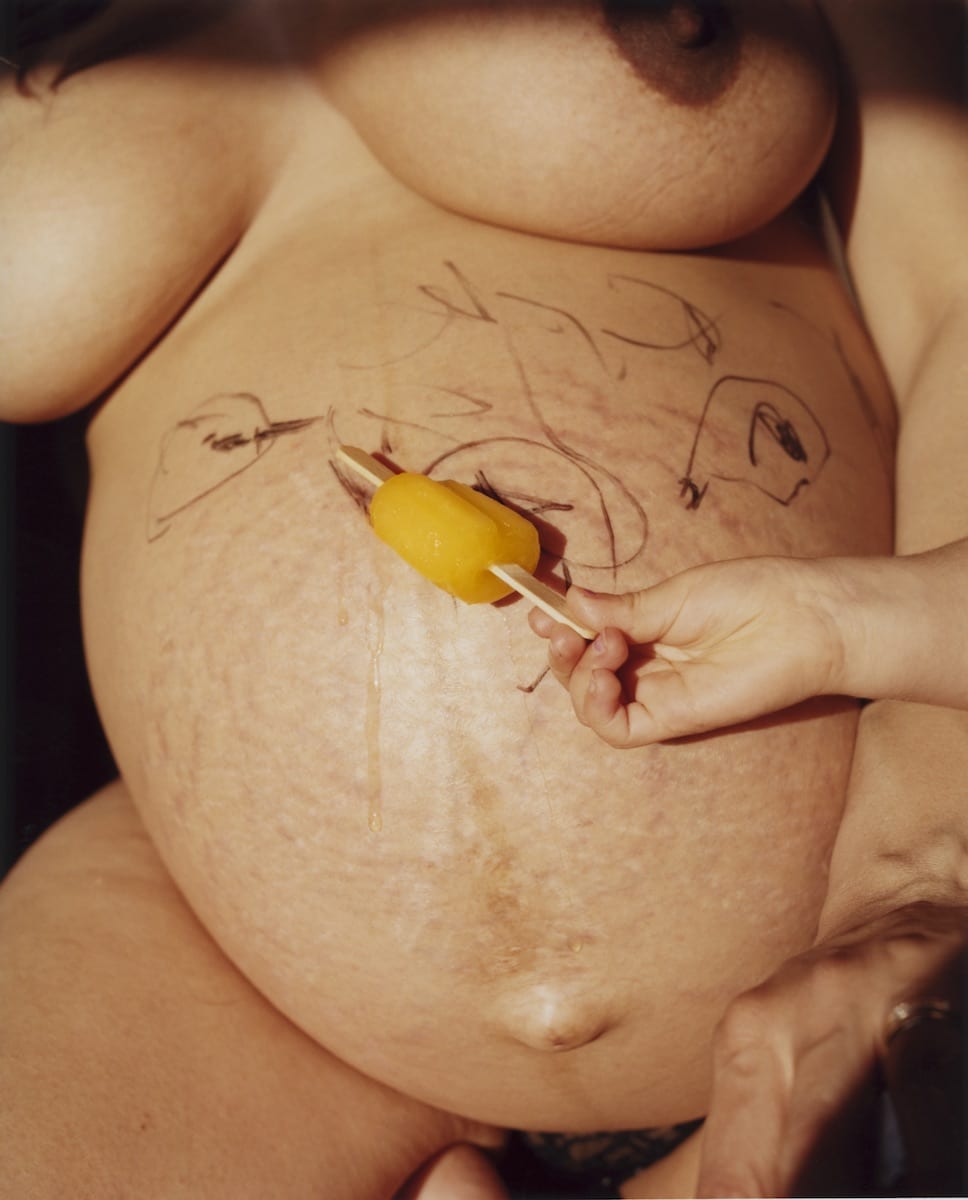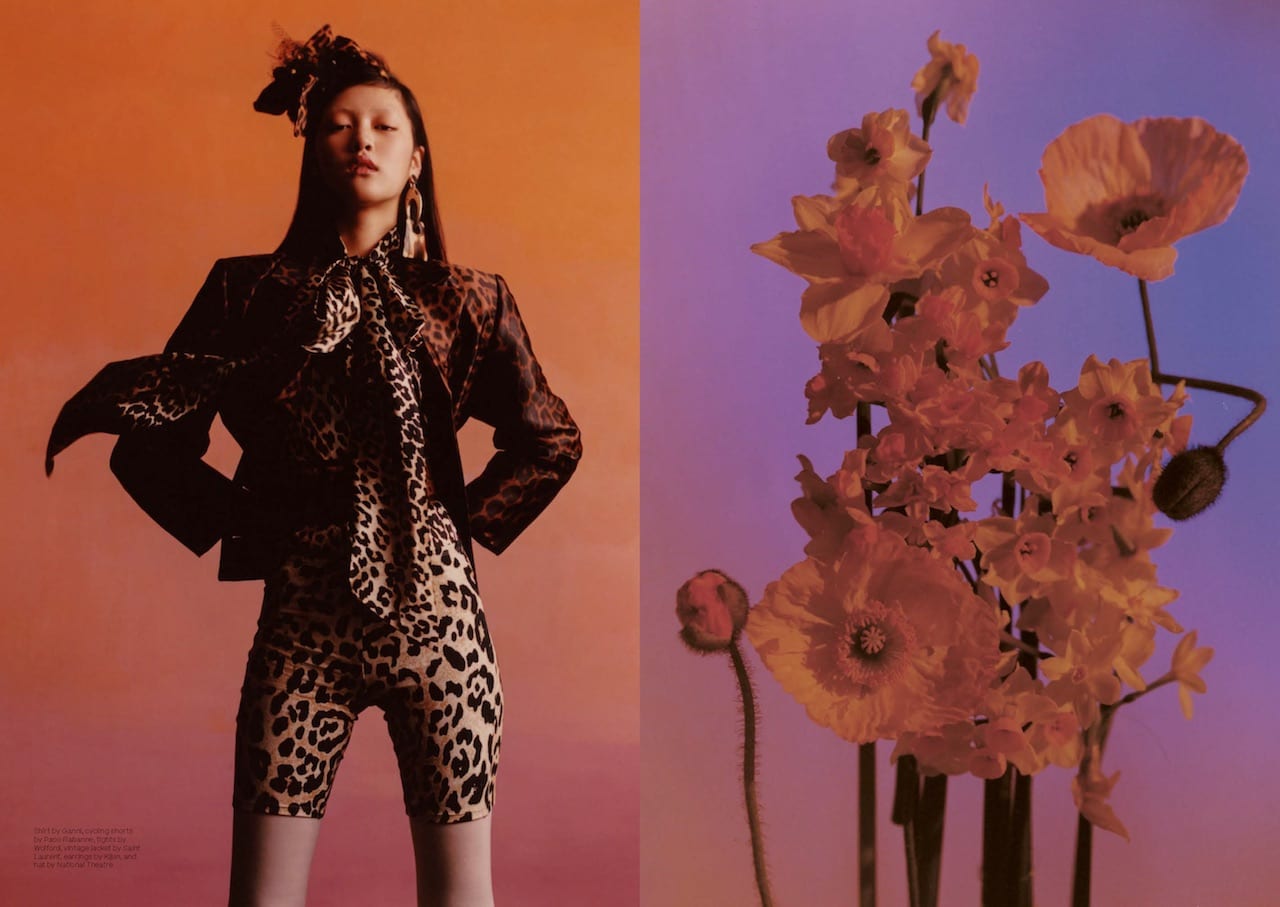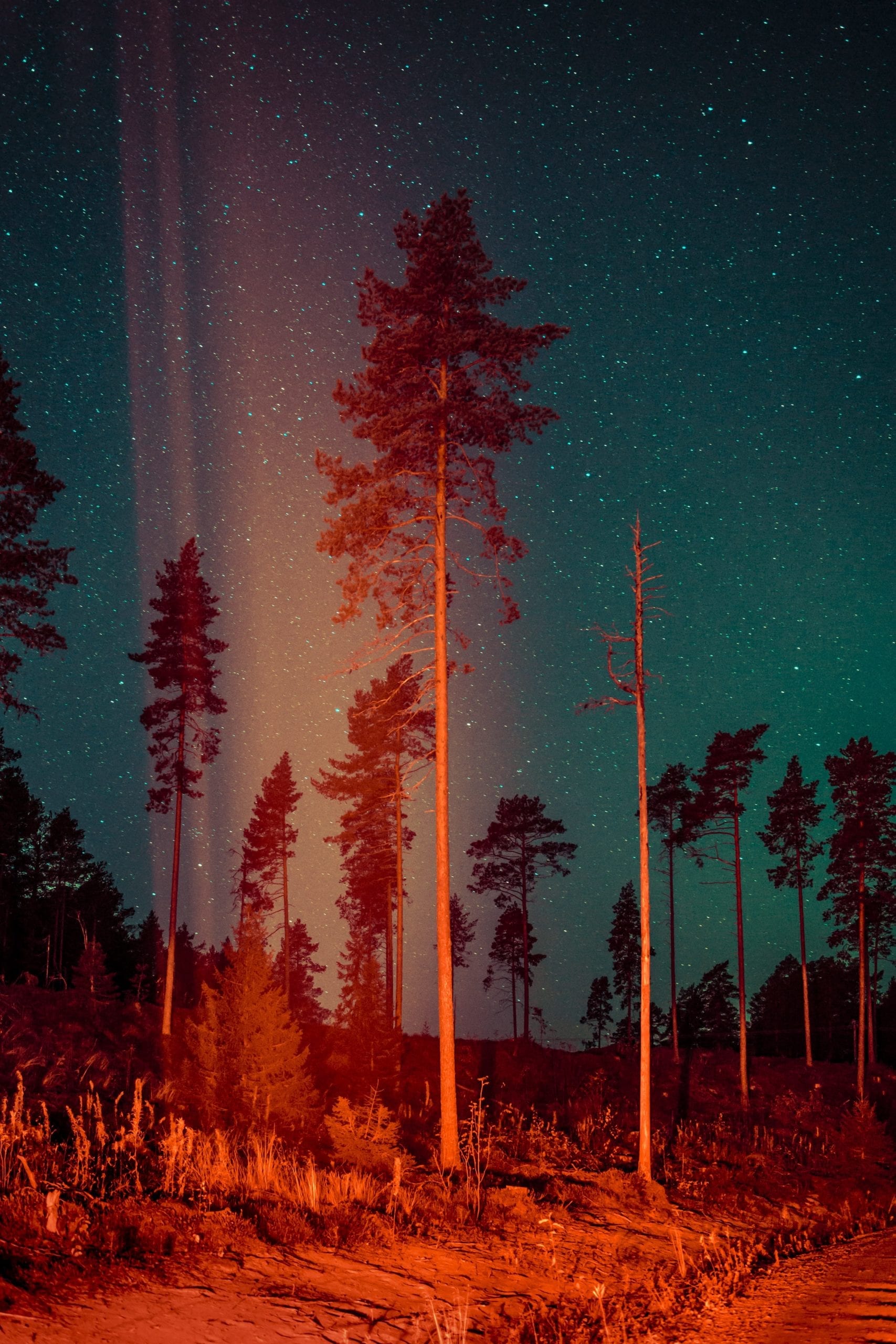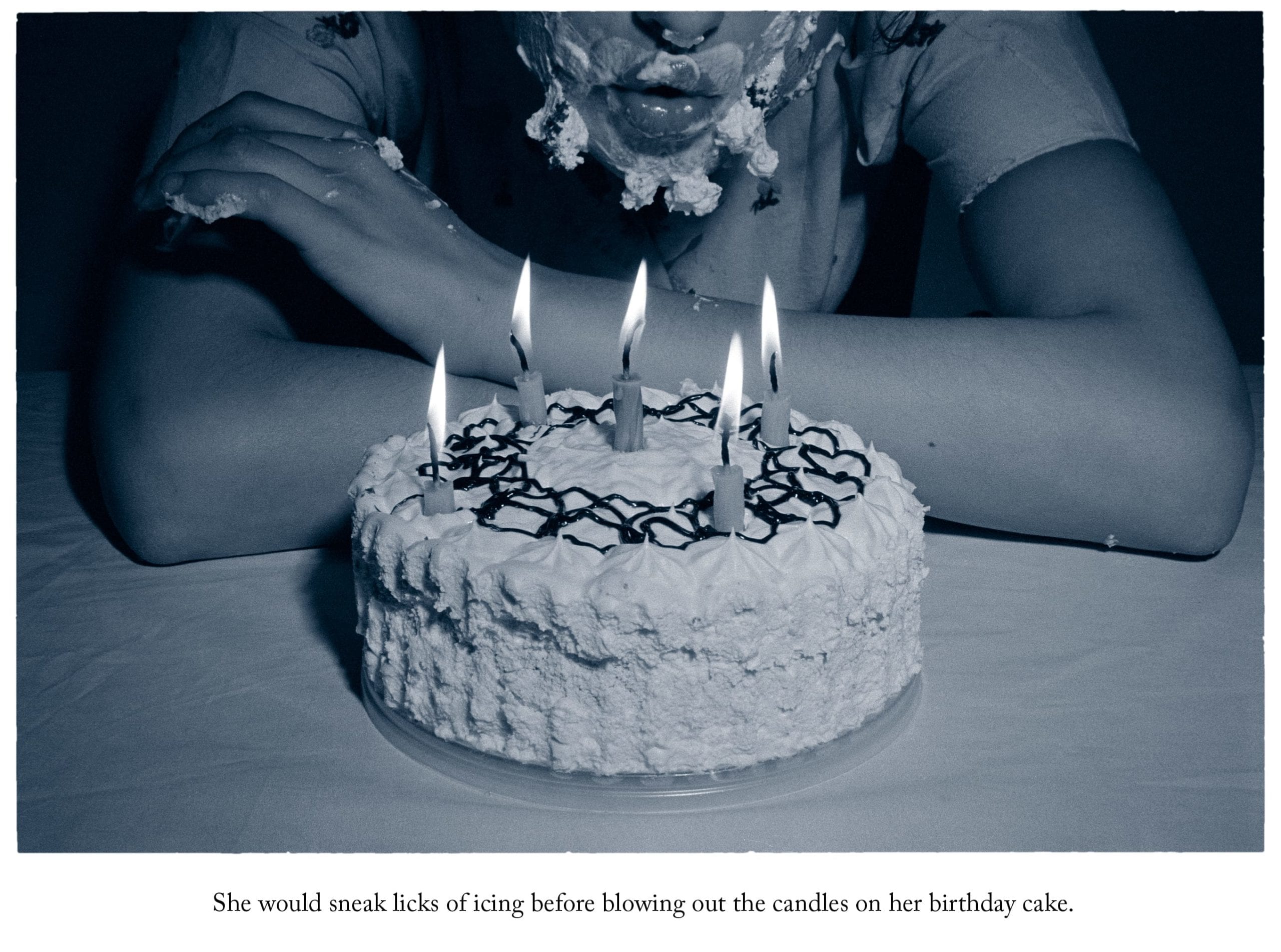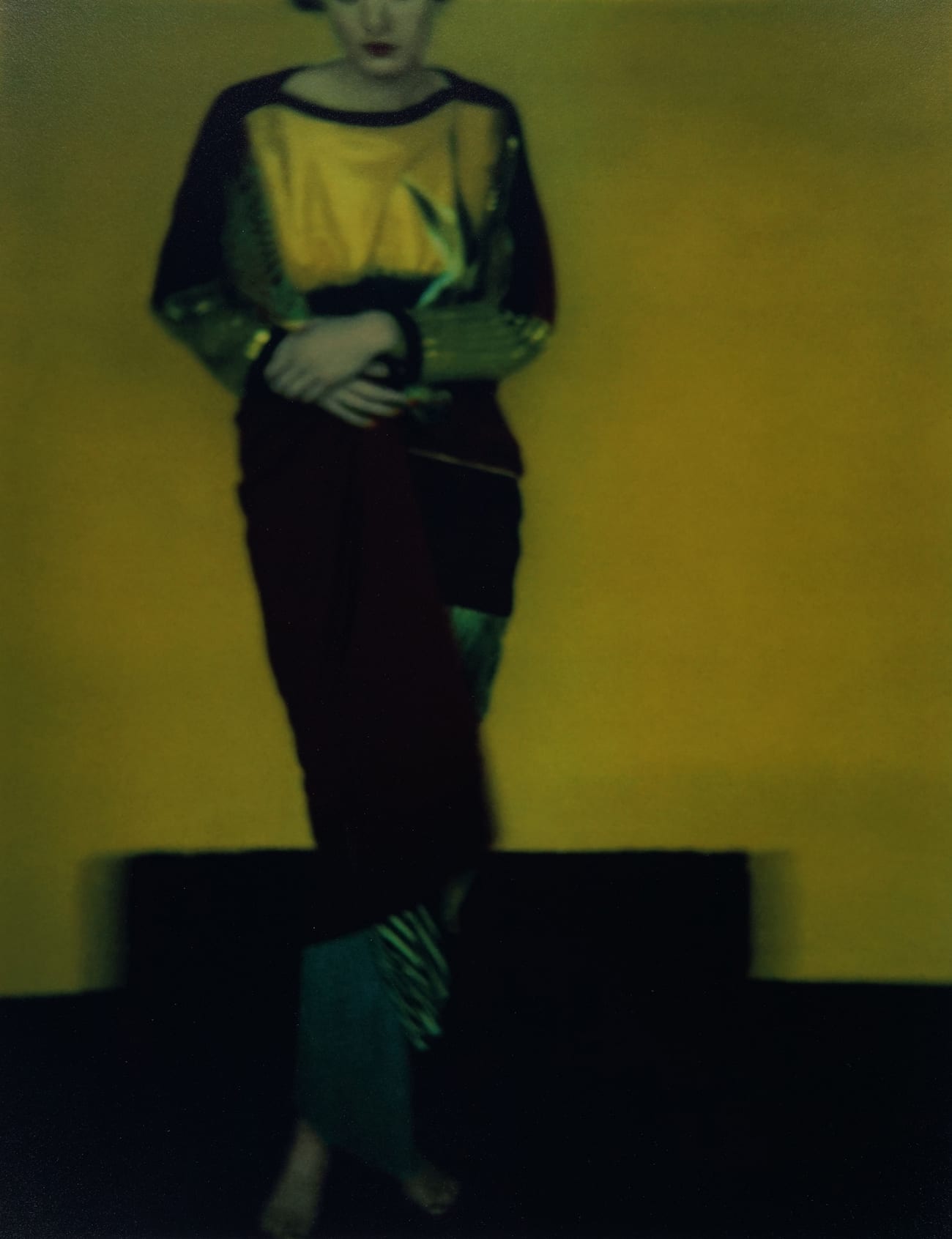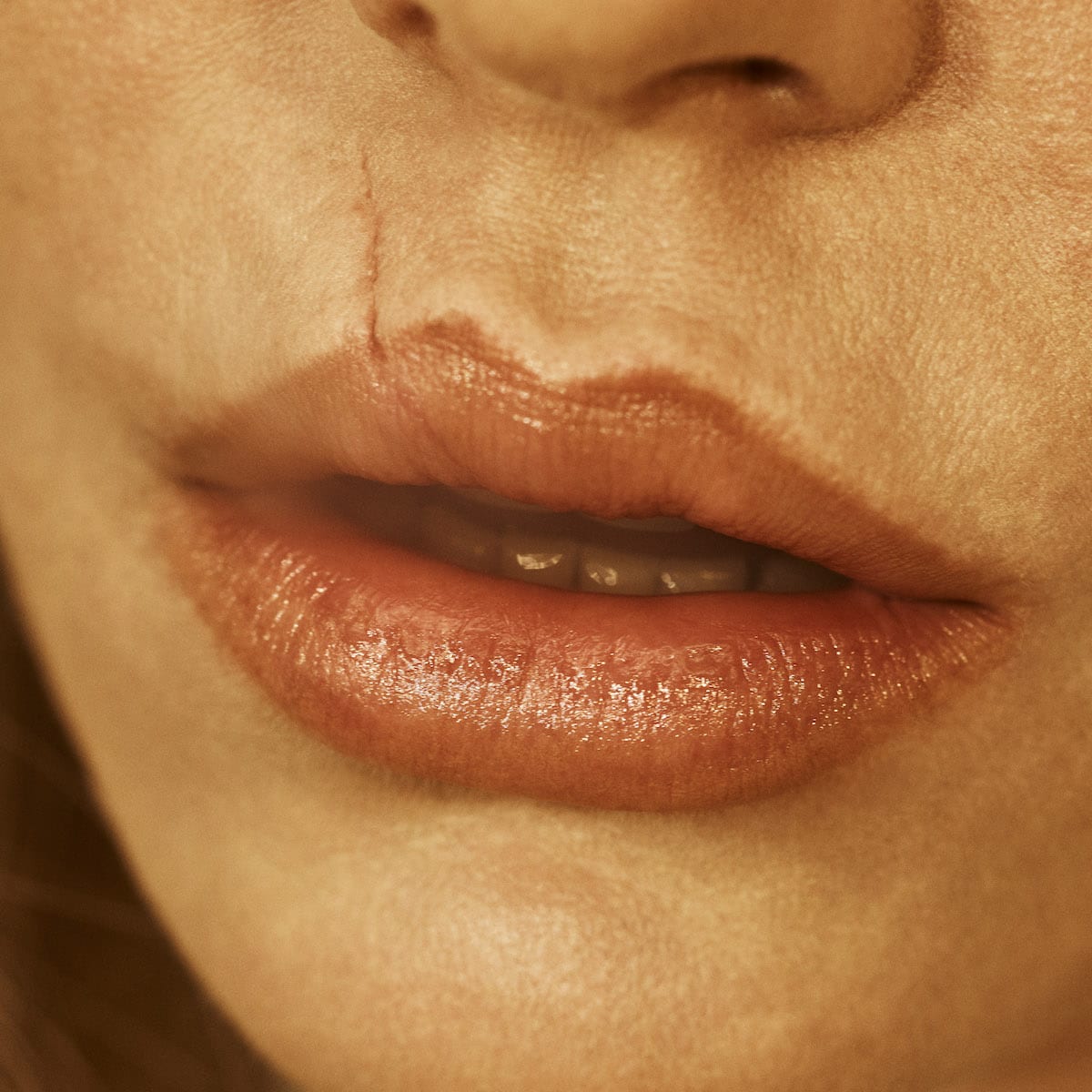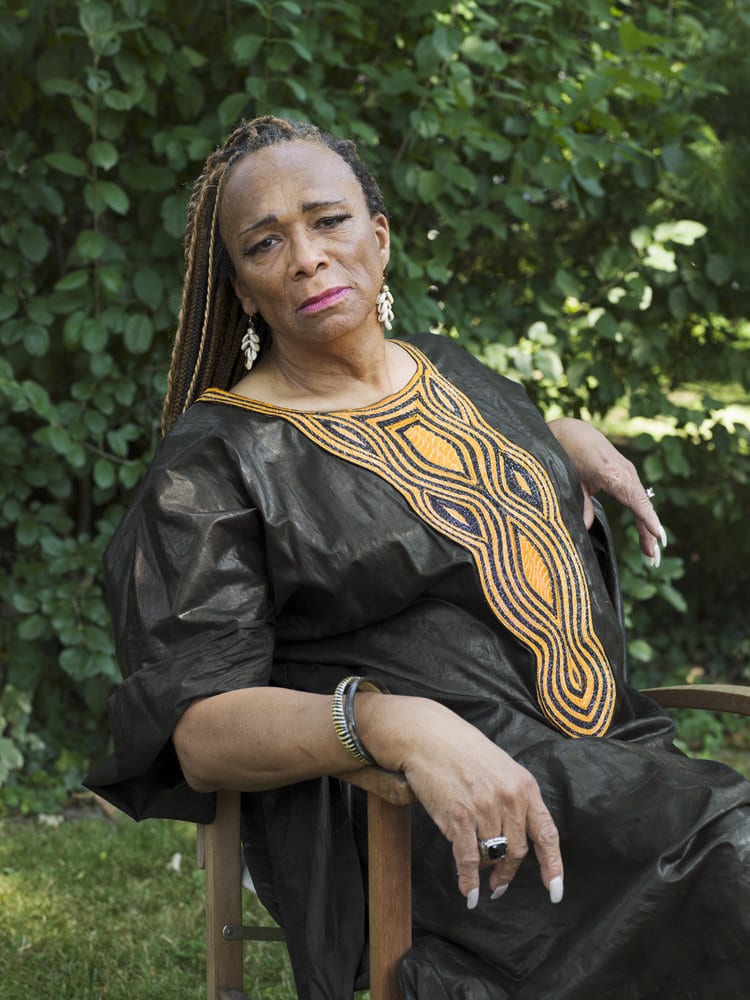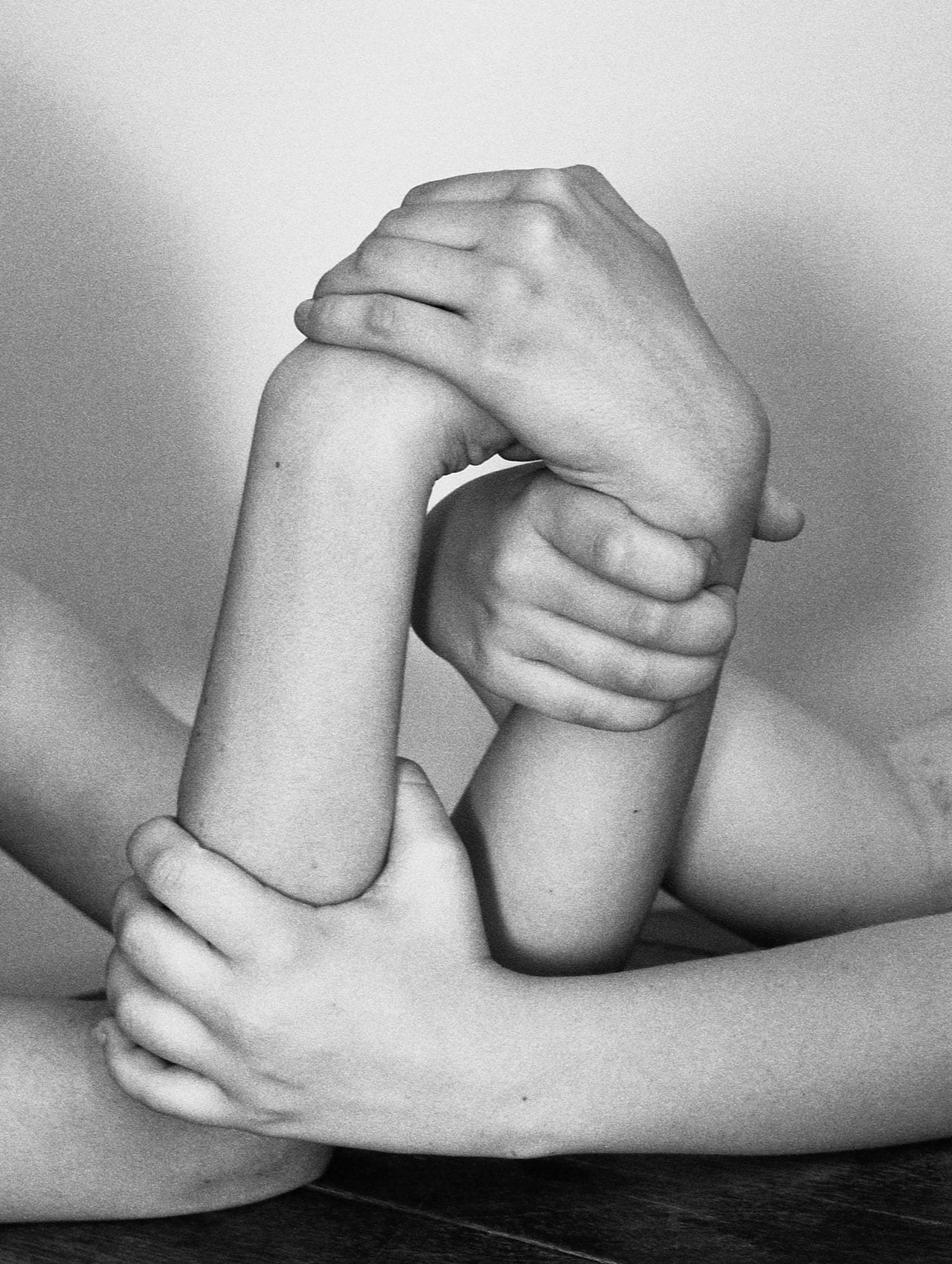Born in Poland in 1985 and based in London, Joanna Piotrowska has had a stellar career so far. Studying photography at the Academy of Fine Arts in Kraków and then on the prestigious MA at London’s Royal College of Art, she won MACK’s First Book Award in 2014 with FROWST, and then the Photoworks & Jerwood Award in 2015. She’s already shown her work at the Winterthur Fotomuseum, Switzerland, MoMA in New York, Hayward Gallery, Institute of Contemporary Arts and Sadie Coles in London, and now her first solo show has opened at Tate Britain.
Titled All Our False Devices, the exhibition includes both still photographs and 16mm films to consider gestures, relationships, and power. The series Self Defense, 2015 shows young women re-enacting poses from self-defence manuals, for example, while Shelters, 2016-2018 shows makeshift structures Piotrowska invited people to build at home in Lisbon, Rio de Janeiro, Warsaw, and London.
